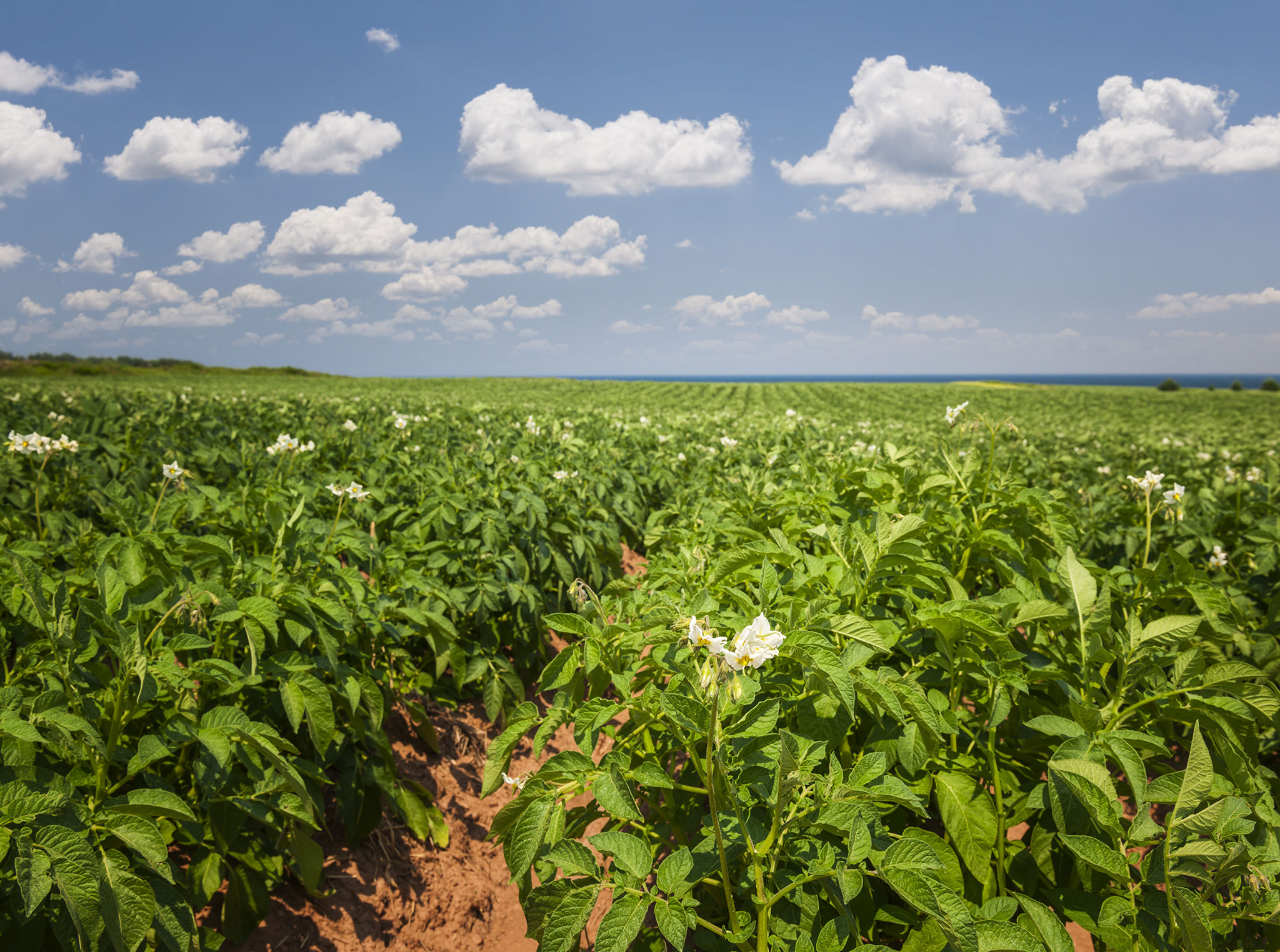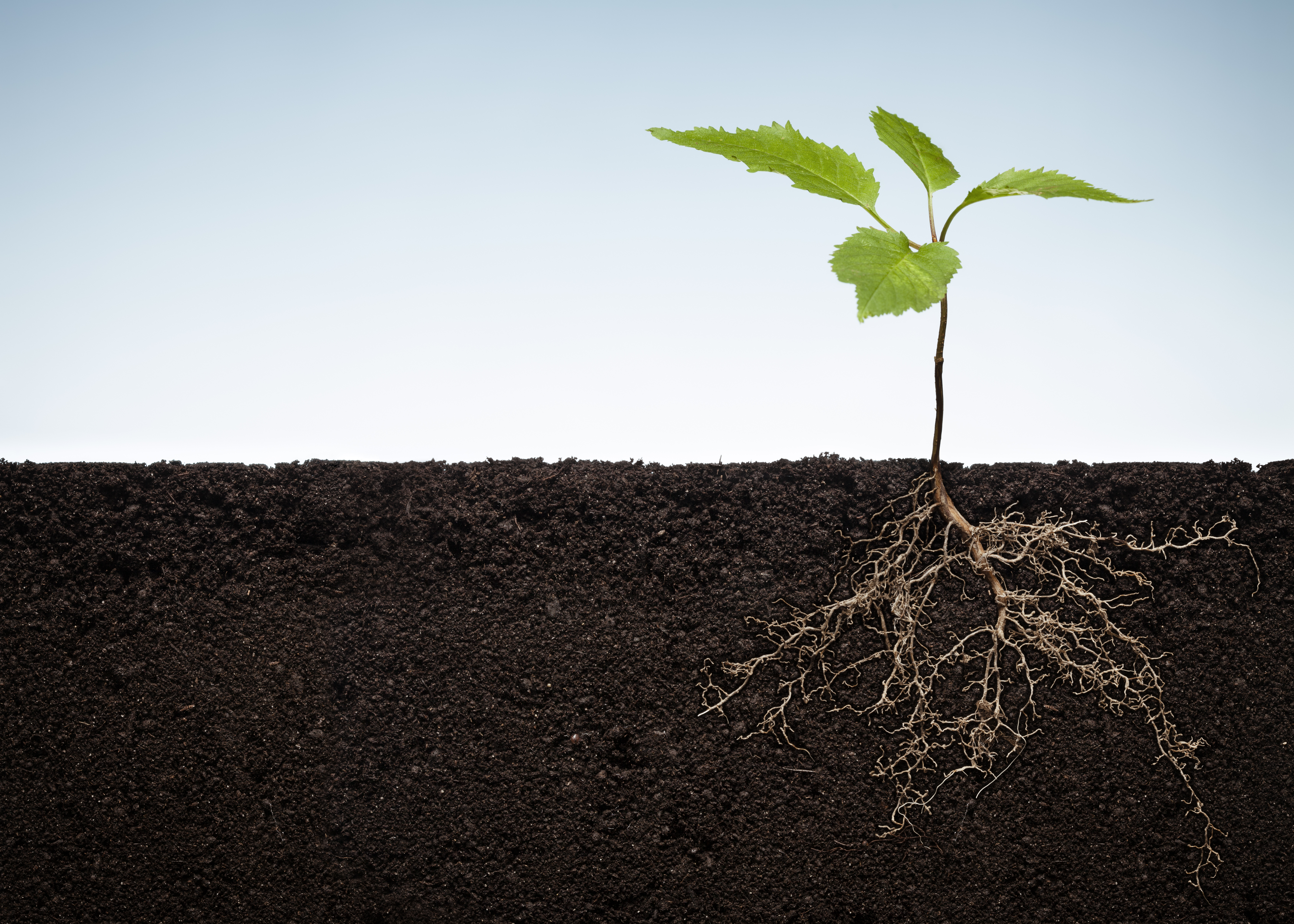
Around the world, many types of plants – such as potatoes, wheat, rice or cassava – are struggling to adjust to the changing climate. In order to come up with an adequate response to changing conditions, we analyze how different plant varieties react to these environmental influences. What is known as phenotyping is a way of identifying plants that can deliver sufficient yield even when, for instance, temperatures are high.
When it comes to analyzing plant varieties, visual inspection in the field is always an option. But this approach is subjective, which makes it imprecise. That’s why we employ three-dimensional, nondestructive monitoring systems to survey plants in as comprehensive, accurate and above all harmless a way as possible.
